Best movies like Videograms of a Revolution
A unique, carefully handpicked, selection of the best movies like Videograms of a Revolution Starring Ion Caramitru, Elena Ceaușescu, Nicolae Ceaușescu, Mircea Dinescu, and more. If you liked Videograms of a Revolution then you may also like: The Oak, Control Room, Good Bye, Lenin!, Collective, The Panama Deception and many more popular movies featured on this list. You can further filter the list even more or get a random selection from the list of similar movies, to make your selection even easier.
Videograms of a Revolution is a 1992 documentary film compiled by Harun Farocki and Andrei Ujică from over 125 hours of amateur footage, news footage, and excerpts from the Bucharest TV studio overtaken by demonstrators as part of the December 1989 Romanian Revolution.
You may filter the list of movies on this page for a more refined, personalized selection of movies.
Still not sure what to watch click the recommend buttun below to get a movie recommendation selected from all the movies on this list
Control Room
A chronicle which provides a rare window into the international perception of the Iraq War, courtesy of Al Jazeera, the Arab world's most popular news outlet. Roundly criticized by Cabinet members and Pentagon officials for reporting with a pro-Iraqi bias, and strongly condemned for frequently airing civilian causalities as well as footage of American POWs, the station has revealed (and continues to show the world) everything about the Iraq War that the Bush administration did not want it to see.
Good Bye, Lenin!
Alex Kerner's mother was in a coma while the Berlin wall fell. When she wakes up he must try to keep her from learning what happened (as she was an avid communist supporter) to avoid shocking her which could lead to another heart attack.
Collective
In the aftermath of a tragic fire in a Romanian club, burn victims begin dying in hospitals from wounds that were not life threatening. A team of investigative journalists move into action uncovering the mass corruption of the health system and of the state institutions. Collective follows journalists, whistle blowers, and authorities alike. An immersive and uncompromising look into a dysfunctional system, exposing corruption, propaganda, and manipulation that nowadays affect not only Romania, but societies around the world.
The Panama Deception
This winner of the 1993 Academy Award for Best Documentary Feature details the case that the 1989 invasion of Panama by the US was motivated not by the need to protect American soldiers, restore democracy or even capture Noriega. It was to force Panama to submit the will of the United States after Noriega had exhausted his usefulness.
The Autobiography of Nicolae Ceausescu
The three-hour-long documentary covers 25 years in the life of Nicolae Ceaușescu and was made using 1,000 hours of original footage from the National Archives of Romania.
Metronom
Bucharest, 1972. Ana, 17, dreams of love and freedom. One night, while partying with her friends, they decide to send a letter to Metronom, the musical program which Radio Free Europe broadcasts clandestinely in Romania. It is then that the Securitate, Ceausescu’s secret police, arrives…
12:08 East of Bucharest
It's the 22nd of December. Sixteen years have passed since the revolution, and in a small town Christmas is about to come. Piscoci, an old retired man is preparing for another Christmas alone. Manescu, the history teacher, tries to keep up with his debts. Jderescu, the owner of a local television post, seems not to be so interested in the upcoming holidays. For him, the time to face history has come. Along with Manescu and Piscoci, he is trying to answer for himself a question which for 16 years has not had an answer: "Was it or wasn't it a revolution in their town?"
Two Deaths
A tale of power, passion and obsession set in a politically torn Eastern European country.
Holy Father
Film director, Andrei, and his girlfriend, Paula, face the news of becoming parents. While the future mother is struggling with no worthy role models, the soon-to-be father must reconcile with the figure of his own father, now a monk on Mount Athos.
The Paper Will Be Blue
Out of enthusiasm, a Militia soldier abandons his platoon and decides to fight for the cause of the Revolution. His Lieutenant and the rest of the crew look for him during the confused night of 22-23 December 1989.
The Mysteries of Bucharest
The Principality of Wallachia with the capital Bucharest (today a region of Romania) before the Revolution of the year 1848. A couple of secret societies are working to chase away the Prince Gheorge Bibescu from his throne, arms are transported on secret ways, preparing the first popular revolts in Bucharest, as the first act of the Revolution of 1848, which revolution is the first impulse of the later act of the Union of the Wallachia with Moldova (Romanian United Principalities in 1862, Kingdom of Romania in 1881 and Kingdom of Greater Romania 1918, with Transylvania, Bukovina and Bessarabia).
Drawings on Asphalt
One of the last movies made during the communist era in Romania. The plot : a drawing contest for kids in Bucharest. More important : this is a movie about childhood, creativity. Strange topics for a country that was about to fall apart. 50 minutes - by Elisabeta Bostan, who made great movies for kids in the 60's and 70's (such as Veronica).
The Double Face of Peter Lorre
Peter Lorre achieved international fame for his performance in the myth-making role in M. This character has held a peculiar fascination for generations of cinephiles. However, at the time, whilst such success meant recognition, it also weighed on the Hungarian actor as a constrictive burden. Using photographs and film extracts, Das doppelte Gesicht reconstructs the ups and downs of Lorre's career, taking into consideration the economic imperatives and workings of the film industry at the time. (Arnold Hohmann, 1984)
Tales from the Golden Age
Tales from the Golden Age is composed of 6 unconventional short stories, each one dealing with the late communist period in Romania, told through its urban myths from the perspective of ordinary people. The title of the film refers to the alluded "Golden Age" of the last 15 years of Ceauşescu's regime.
Why Are the Bells Ringing, Mitica?
Based on a theatrical text by Romanian writer Ion Luca Caragiale (1852-1912), who was a bitter and funny witness of the turn-of-the-20th-century Romanian bourgeois mores, Carnival Scenes manages to preserve and further enhance the slightly hysteric atmosphere of his plays. Pintilie creates a strange combination of carnival scenes which is brought to the screen as a burlesque, fast-paced, screwball comedy with a meditative undertone. This film was banned in Romania for a decade until the death of Ceausescu in 1989 and was only released after the 1989 revolution.
Ceausescu: Behind the Myth
Veteran journalist and author Edward Behr spent a year investigating the rise and fall of Nicolae Ceausescu. Executed on Christmas Day 1989, Ceausescu was once a hero to his own people, and in the west. Behr's film reveals the truth behind the myth, in a tale of megalomania, farce, and horror.
As You See
In 'As You See', Farocki searches for those instances and facts in the history of technology that have been overlooked or ignored, also exploring the ambivalent relationship between technologies developed for civil use and those designed for military purposes. Thus the film for instance describes how in the 1970s workers at the British arms factory Lucas Aerospace attempted to develop socially useful products to replace the company's military output. Rather than following a linear argument, this essay-film juxtaposes disparate images and weaves them into a mosaic-like structure which makes it possible for the viewers to make their own connections between the different images as well as between the images and the commentary.
The Creators of the Shopping Worlds
A look at how mall producers design malls in order to maximise traffic and sales.
An Image
"Four days spent in a studio working on a centerfold photo for Playboy magazine provided the subject matter for my film. The magazine itself deals with culture, cars, a certain lifestyle. Maybe all those trappings are only there to cover up the naked woman. Maybe it’s like with a paper-doll. The naked woman in the middle is a sun around which a system revolves: of culture, of business, of living!" (Harun Farocki, Zelluloid, no. 27, Fall 1988)
Kinostadt Paris
Short documentary vignettes and interviews revolving around cinephile life in Paris.
Georg K. Glaser – Writer and Smith
Portrait of Georg Glaser, who is a writer in the mornings and a blacksmith in the afternoons.
Re-education
Farocki revisits the executive trainer from his earlier "Die Schulung" (Indoctrination, 1987), this time holding a seminar with ex-GDR employees of a West German construction company.
Checkmate: Strategy of a Revolution
How does one trigger a revolution? In the Romanian uprising in 1989, everything seemed to happen by itself. The people were fed up and were plagued by poverty and terror. There comes a time when action must be taken! But, it turns out that history is not that simple, as this investigative documentary proves. The film is a thorough and revealing reconstruction of the events leading up to Ceaucescu’s downfall and execution. In actual fact, the Romanian revolution was a strictly managed operation, controlled from the outside. Hungary, Germany and especially America had big fingers in the pie.
The Ladder
Based on true events, The Ladder follows the spiritual journey of Andrei, a sensitive, socially awkward young man who turns to acting in his search for true happiness. After the fall of communism, he is blinded by the illusion of freedom and democracy and faces a series of brutal events that have deeply marked Romania's recent history. Finding comfort in playing the part of Aliosa in a stage adaptation of The Karamazov Brothers, he becomes closer and closer to his character, gradually discovering the way to understanding divinity.
The Way I Spent the End of the World
Bucharest 1989 - the last year of Ceausecu's dictatorship. Eva lives with her parents and her 7 year old brother, Lalalilu. One day at school, Eva and her boyfriend accidentally break a bust of Ceausescu. They are forced to confess their crime before a disciplinary committee and Eva is expelled from school and transferred to a reformatory establishment. There she meets Andrei, and decides to escape Romania with him. Lalalilu becomes convinced that Ceausescu is the main reason for Eva's decision to leave. So with his friends from school he devises a plan to kill the dictator.
Arest
In August 1983, architect Dinu Neagu together with his wife and two children, a boy and a girl, are on a beach of nudists near an industrial area. He is arrested and taken to Bucharest police office, where he is imprisoned in a cell together with Vali, a collaborator of the Security Service.
Fox: Hunter
Set in the period prior to the revolt in Timisoara in December 1989 and mirroring the events that led to the downfall of the dictator Ceausescu. -- BFI
Between Two Wars
A film about the time of the blast furnances - 1917 - 1933 - about the development of an industry, about a perfect machinery which had to run itself to the point of its own destruction.
Three days 'till Christmas
Historical Docudrama, which describes accurately - based on evidence, documents, reconstructions and archive footage - the last days of life spouses Nicolae and Elena Ceausescu. Main performers, Victoria Cocias (Elena Ceausescu) and Constantin Cojocaru (Nicolae Ceausescu).
Serenade for the 12th Floor
Light comedy about various Bucharest house dwelling families trading their houses for apartments in a brand new apartment building complex in a new subdivision of a large Bucharest neighborhood.








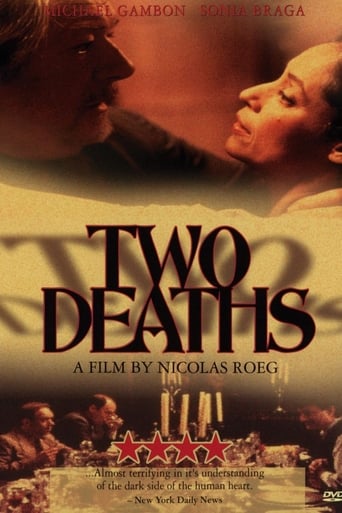




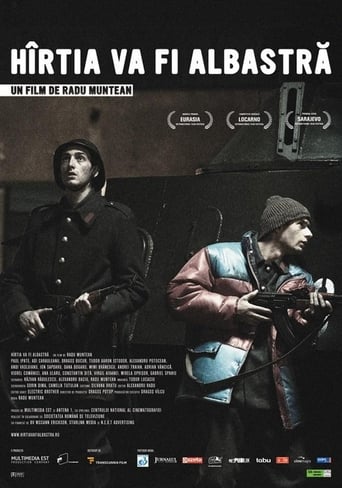





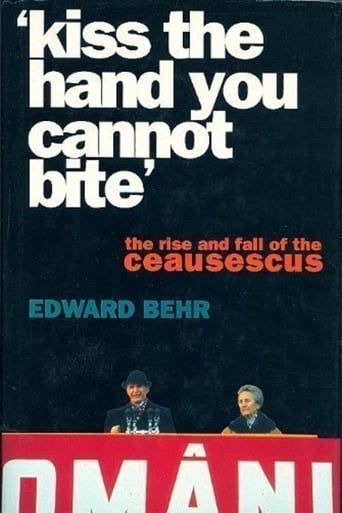















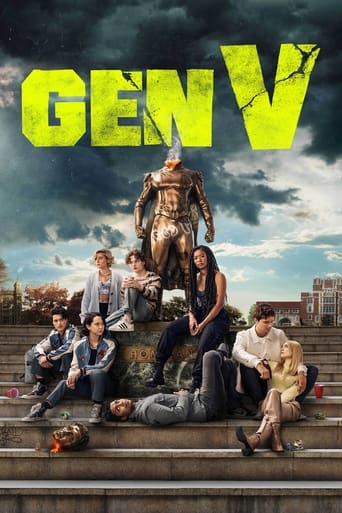
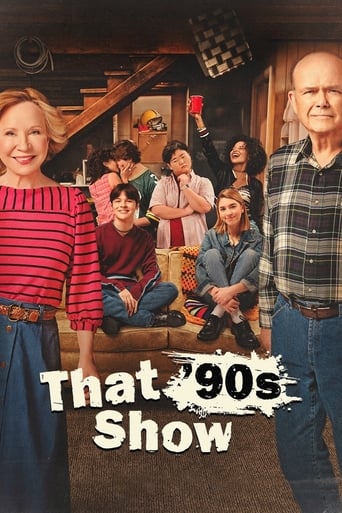

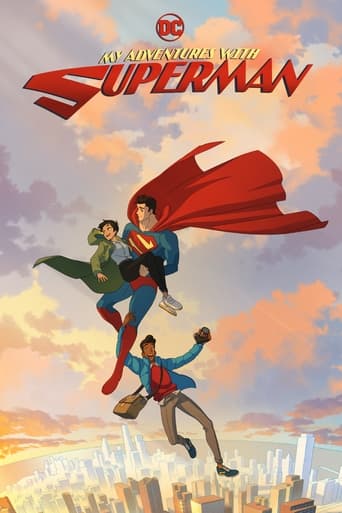
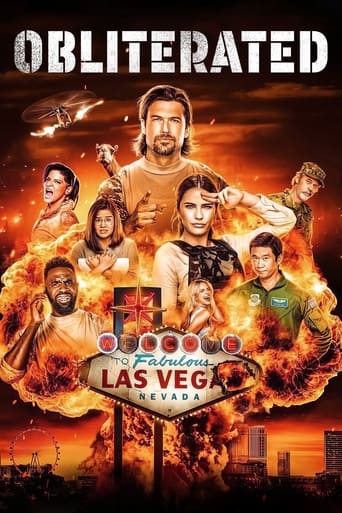

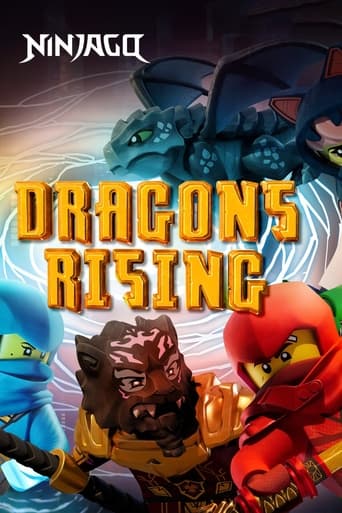
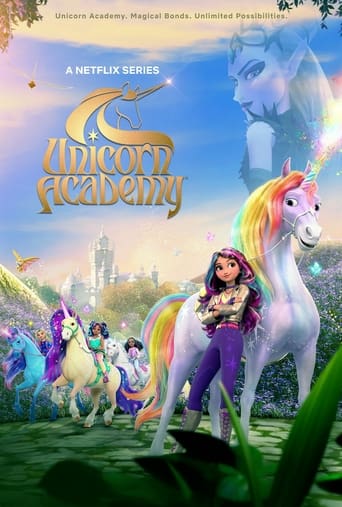
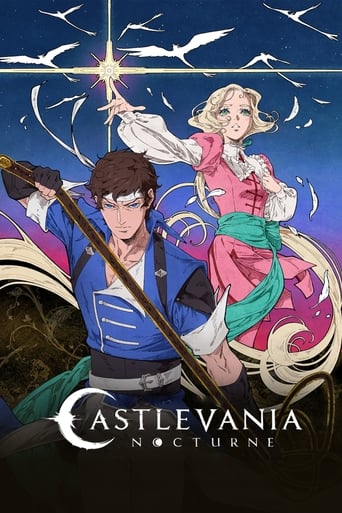


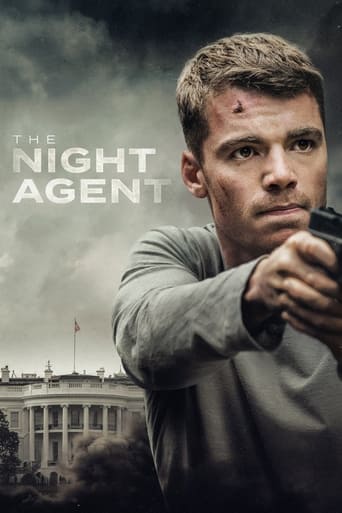
The Oak
A description of Romania before Ceausescu's downfall, through the story of Nela. Daughter of a former colonel of the Securitate, the romanian political police. She refused to become as her sister, an agent of this Securitate, and lives with her father. After he died, she leaves Bucharest, and ends up in a little town, where she meets Mitica, a surgeon, another herself, laughing of everything.